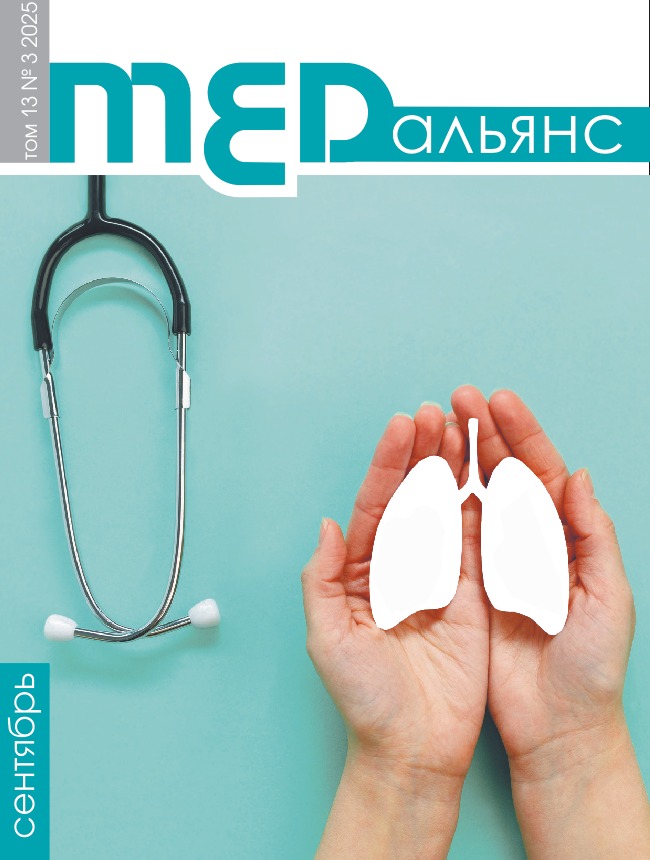Abstract
Background. The evaluation of solitary pulmonary nodules (SPNs) is a complex diagnostic challenge, particularly for radiology residents, whose limited experience increases the risk of errors. Artificial intelligence (AI) systems are seen as a promising tool to enhance diagnostic accuracy, but their impact on residents’ decision-making remains understudied. Aim. To investigate the impact of AI-assisted automated analysis of SPNs on the diagnostic accuracy and decision-making processes of radiology residents. Materials and methods. A two-phase prospective study involved 4 residents evaluating 100 CT scans without and with AI support (Hiveomics Malignancy Index). The AI classified nodules using a 5-tier malignancy scale. Ground truth diagnoses were confirmed via histopathology, microbiology, and clinical follow-up. Results. Without AI, residents’ mean accuracy was 43%, with the highest errors in inflammation (17.9%) and tuberculosis (32.1%) detection. AI improved overall accuracy by 8.8% (p=0.0003), notably for malignant neoplasms (+13.4%), but had limited impact on tuberculosis (+3.6%). Conclusion. AI significantly enhances malignant SPN diagnosis for radiology residents but requires refinement for complex cases (tuberculosis, hamartomas). The results highlight AI’s potential as an educational and clinical decision-support tool.

